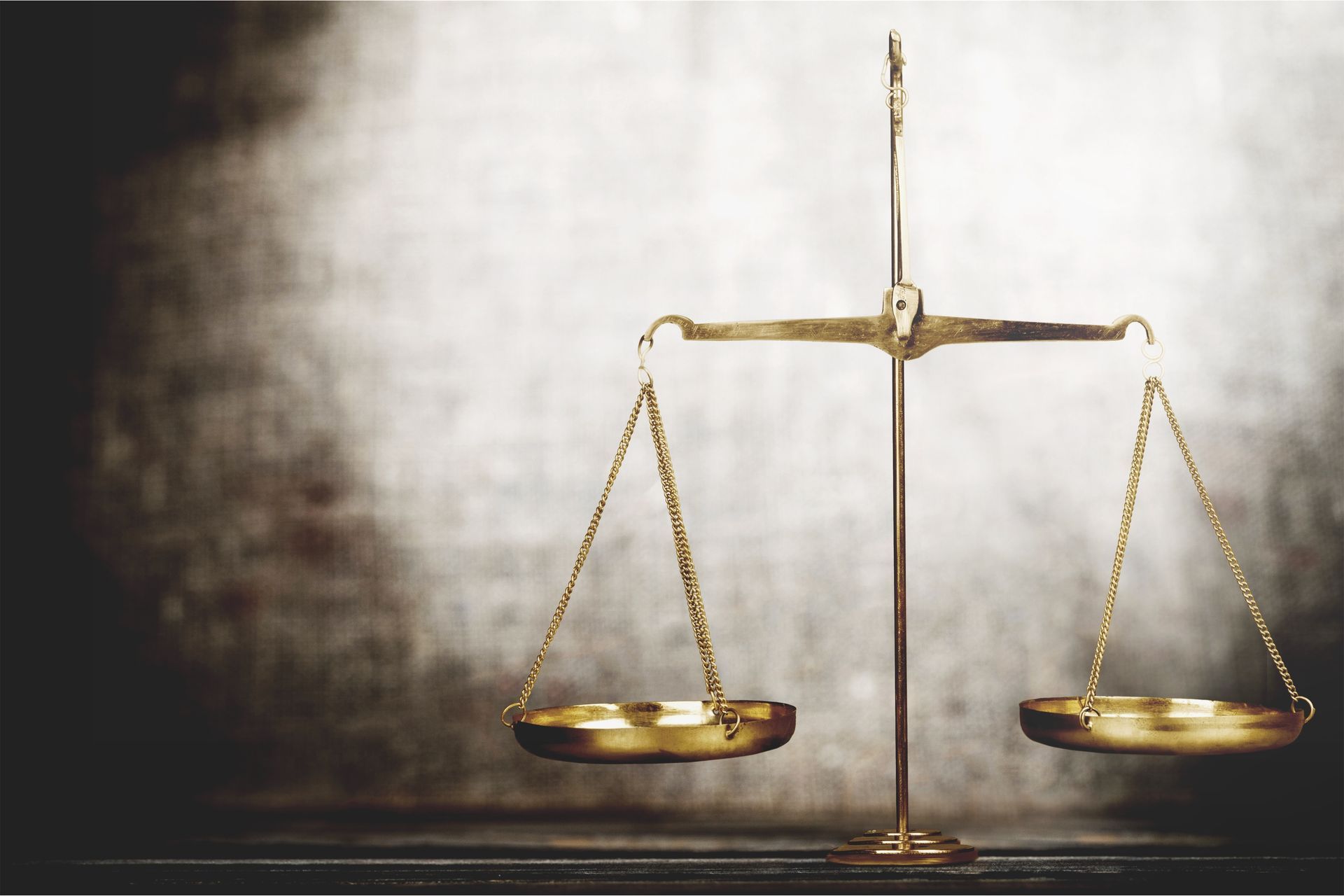Can Police Search My Car Without a Warrant in California?
Can Police Search My Car Without a Warrant in California?
In California, police officers are not always required to have a warrant to search your vehicle. However, there are strict legal boundaries that govern when and how a car search can take place. Understanding these rules is essential to protecting your rights during a traffic stop or police encounter.
When Can Police Search Your Car Without a Warrant?
Under both federal and California law, there are several recognized exceptions to the warrant requirement for vehicle searches:
1. Probable Cause
If an officer has probable cause to believe your car contains evidence of a crime, they can legally search it without a warrant. For example, if an officer smells marijuana or sees drug paraphernalia in plain view, that may be enough to justify a search.
2. Search Incident to Arrest
If you are lawfully arrested, police may search your vehicle for weapons or evidence related to the arrest. This generally applies only if the search is conducted shortly after the arrest and if you could access the vehicle or if there’s reason to believe it holds evidence related to the arrest.
3. Consent
If you voluntarily agree to let the officer search your car, a warrant is not required. However, you have the right to refuse consent. It's important to clearly state that you do not agree to a search.
4. Plain View Doctrine
If an officer sees something illegal in plain sight — such as a weapon or open container — they may have the legal authority to search your vehicle further, even without a warrant.
5. Inventory Search
If your car is impounded, police may conduct an “inventory search” to document the contents of the vehicle. This type of search is meant to protect your property and prevent false claims, but it must follow departmental procedures.
What Should You Do if You're Pulled Over?
- Remain calm and respectful.
- Do not consent to a search unless you are comfortable doing so.
- Ask if you are free to leave if you're not under arrest.
- Remember your rights, including the right to remain silent and to speak with an attorney.
Protecting Your Rights in Rancho Cucamonga
If you believe you were subjected to an unlawful search or your rights were violated during a traffic stop, it's important to speak with a legal professional. At the Law Office of Robert Little, we are committed to helping Rancho Cucamonga residents understand and protect their constitutional rights.









